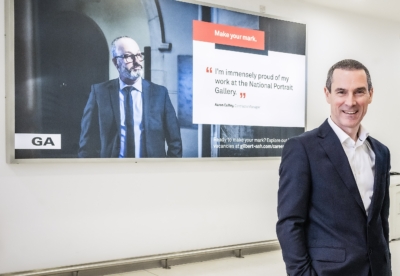ISG and its client said that works at the site were ahead of schedule and the pause would allow the project team to focus on finalising designs for the main phases.
The Guardian has seen leaked internal reports into the scheme which suggest limiting site work until February to minimise spending.
Britishvolt said: “We are progressing ahead of schedule in our enabling works at the Britishvolt Gigasite in Cambois, near Blyth, Northumberland. This has allowed us to take the time to focus on design work for the site and to reschedule some strands of construction work, optimising the build process for each of the project’s four phases.
“Flexing the plan in this way enables us to better source materials given current supply constraints due to the global economic situation and to enhance our cost efficiencies.
“We continue to work with our financing partners and investors on funding scenarios for the build of the shell and core of the Gigaplant project, and to develop the associated supplier park at Blyth.
ISG added: “We have completed the scheduled phases of work at our Cambois site, where both ISG and its suppliers have been paid in line with the development plan to date.
“We continue to collaborate closely with our client to facilitate a dynamic project that enables flexibility to the site’s core design in alignment with evolving advancements in battery technology.
“We are now pausing works on-site while the design is finalised and remain a committed and passionate partner in this transformative scheme for the people of Northumberland.”
ISG started on the site last year and Britishvolt is also building a £200m battery tech centre in the West Midlands where Winvic is main contractor.
Britishvolt said: “We are also continuing plans for our state-of-the-art scale-up facility at Hams Hall in the Midlands. This will act as a mini replica of the Blyth site, giving us the opportunity to embed best practice, fine-tune chemistries, optimise machine layout, and ensure that the Britishvolt Cambois Gigaplant is one of the most efficient, highest quality and lowest carbon emitting globally.”

.gif)



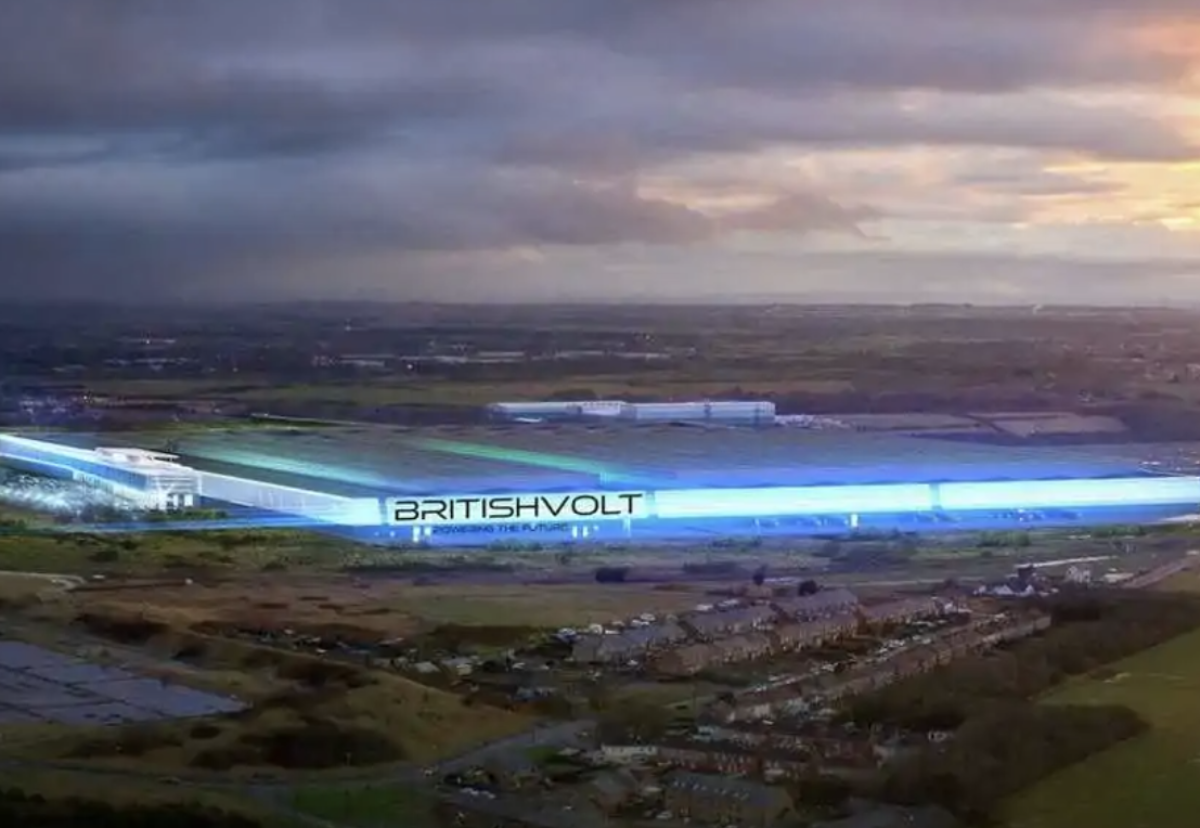

.gif)









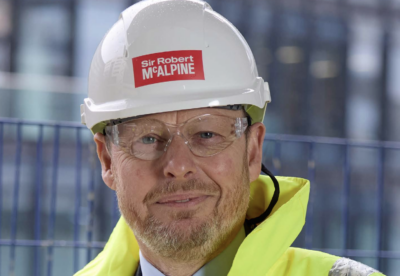







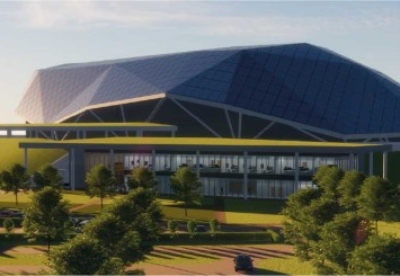

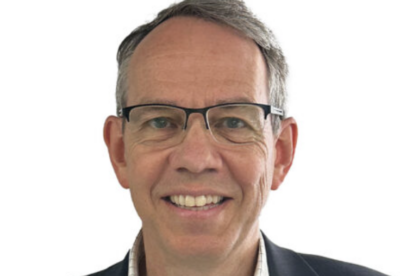


 (300 x 250 px).jpg)








